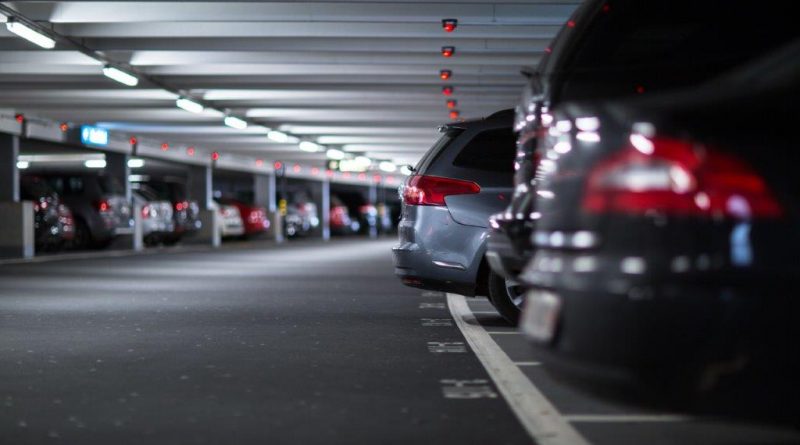What about the company car?
More social dialogue, smart mobility solutions
In the next years, the company car system will be thoroughly changed. The De Croo
administration has announced in its coalition agreement that it wants to remove all cars that run on fossil fuels from the street by 2026. In addition, it has explicitly stated that taxes should contribute to the achievement of climate-neutral ambitions. In other words, the friendly tax treatment of company cars will be overhauled.
The changes will impact a lot of employees. Approximately 690,000 company cars are on the road in Belgium. That number is still rising. Even in the coronavirus year 2020 – when telework became more popular – the number of company cars increased. According to Acerta, 21.7% of the white-collar workers and executives had a company car in 2020, compared to 20.6% in 2019. They travelled fewer kilometres because of the telework, but company cars continue to be an increasingly popular fringe benefit. That is not very surprising. Employers who want to reward their personnel are restricted by the wage norm, to which the company car offers a solution.
Benefit of all kinds
However, company cars have been made less attractive in the past years. Since 2012, the company car has been more heavily taxed as a ‘benefit of all kinds’ (VAA) (benefit granted by an employer or company to an employee or manager). The carbon emissions have become an important parameter in the calculation of the benefit, because of environmental concerns. The emissions of your car are compared to the average emissions of new models, which results in a carbon dioxide coefficient. That coefficient rises again in 2021, which is why the VAA for most company cars increases as well. Subsequently, the tax you pay on them rises too. Moreover, a new decree determines that the carbon dioxide coefficient can no longer decrease in the future.
In addition, the carbon emissions are usually found to be higher (up to 20% higher compared to the ‘old’ NEDC test) due to the introduction of the strict Worldwide Harmonised Light Vehicle Test Procedure (WLTP). You will notice it on your payslip, because higher emissions mean a higher VAA. The WLTP values are not compulsory yet, but they will be the new standard for car manufacturers. The question is how long the government will continue to accept the lower NEDC values.
“Employers who want to reward their personnel are restricted by the wage norm, to which the company car offers a solution.”
Mobility budget
The mobility budget is a possible alternative and it seems to have gained popularity. A recent survey of Acerta has shown that, so far, only 2 in 1,000 employees have already traded their company car for a more environmentally-friendly alternative (a smaller, greener car in combination with a public transports pass or bicycle). Nevertheless, that is already a step forward compared to early 2020, when it was 1 in 10,000.
 The coronavirus could actually be a game changer. Both employers and employees feel that ‘work’ has really changed. Fewer kilometres, more telework. Right now, the mobility budget is responding to that even more strongly, as rent or mortgage can be included in the mobility budget more than before. In the original system that was only possible for people living within a radius of 5 kilometres from work, but that has been expanded now. Those who work from home at least 60% of the time, can use the mobility budget for housing costs.
The coronavirus could actually be a game changer. Both employers and employees feel that ‘work’ has really changed. Fewer kilometres, more telework. Right now, the mobility budget is responding to that even more strongly, as rent or mortgage can be included in the mobility budget more than before. In the original system that was only possible for people living within a radius of 5 kilometres from work, but that has been expanded now. Those who work from home at least 60% of the time, can use the mobility budget for housing costs.
In short, the possibilities are numerous. The changes make a big difference for a large group of employees. They also create new possibilities to reward employees and develop a fair and attractive salary package. For quite a lot of employees, the company car was and still is part of the cafeteria plan, in which it was balanced against other options. Changing that system is a delicate operation.
ACV also wants to contribute to achieving the climate ambitions. However, the company car issue is complex and important to a lot of employees, which means we cannot treat it lightly. Together with the employers, we want to look for concrete solutions that help realise a green revolution and protect the employees’ salary packages.
Read all about it at
www.metsociaaloverlegslimmeronderweg.be

